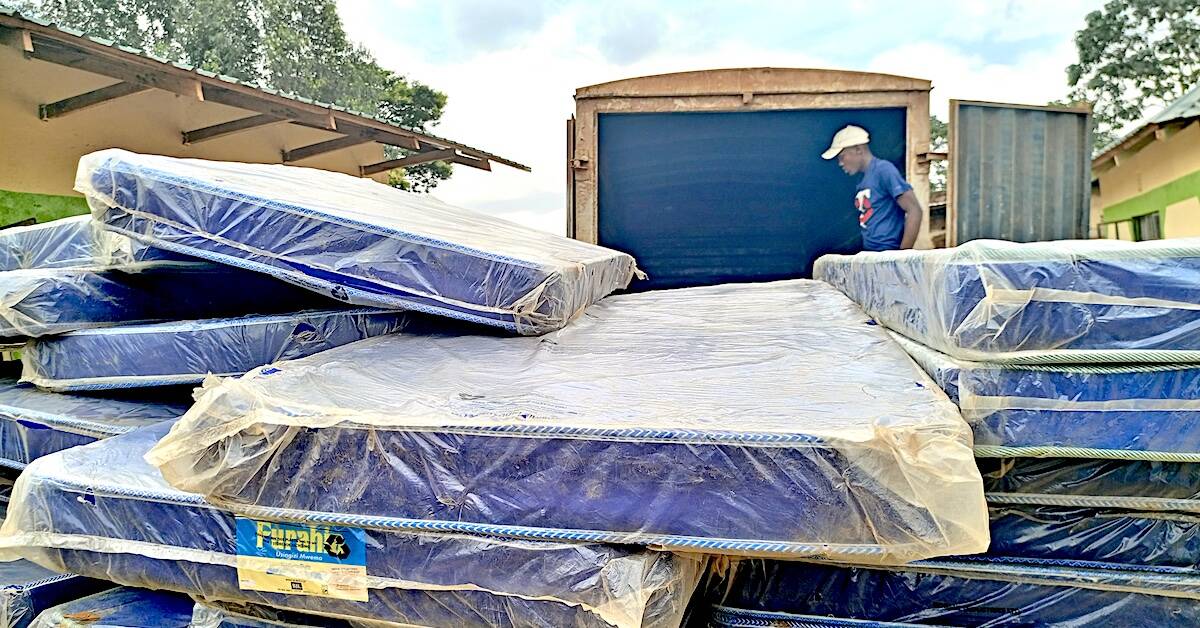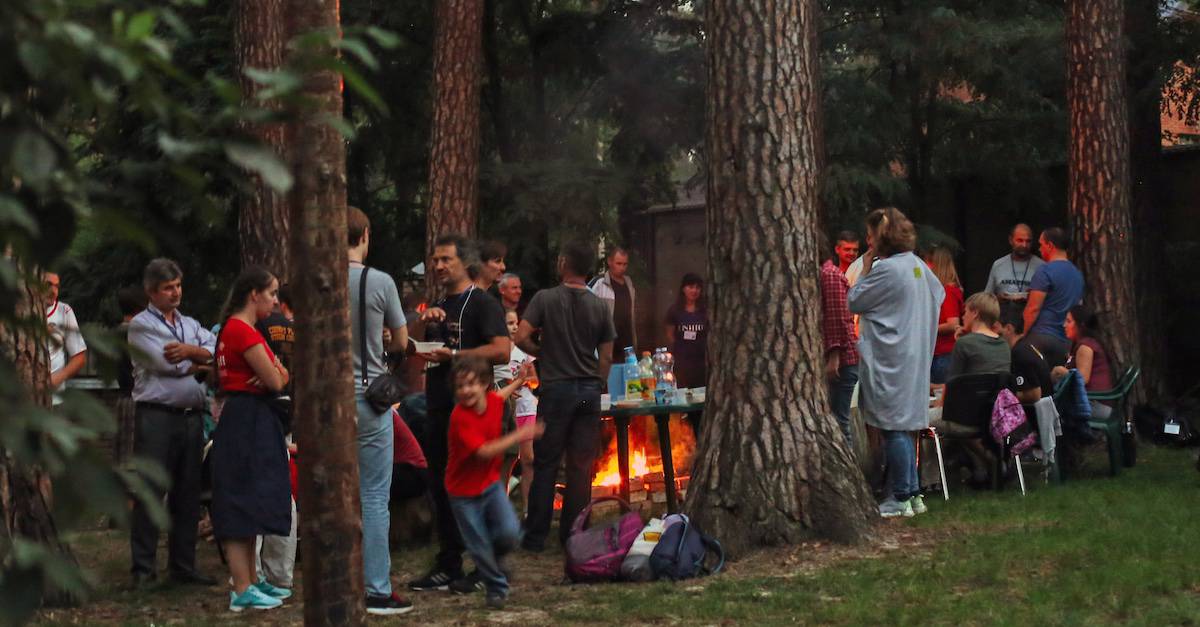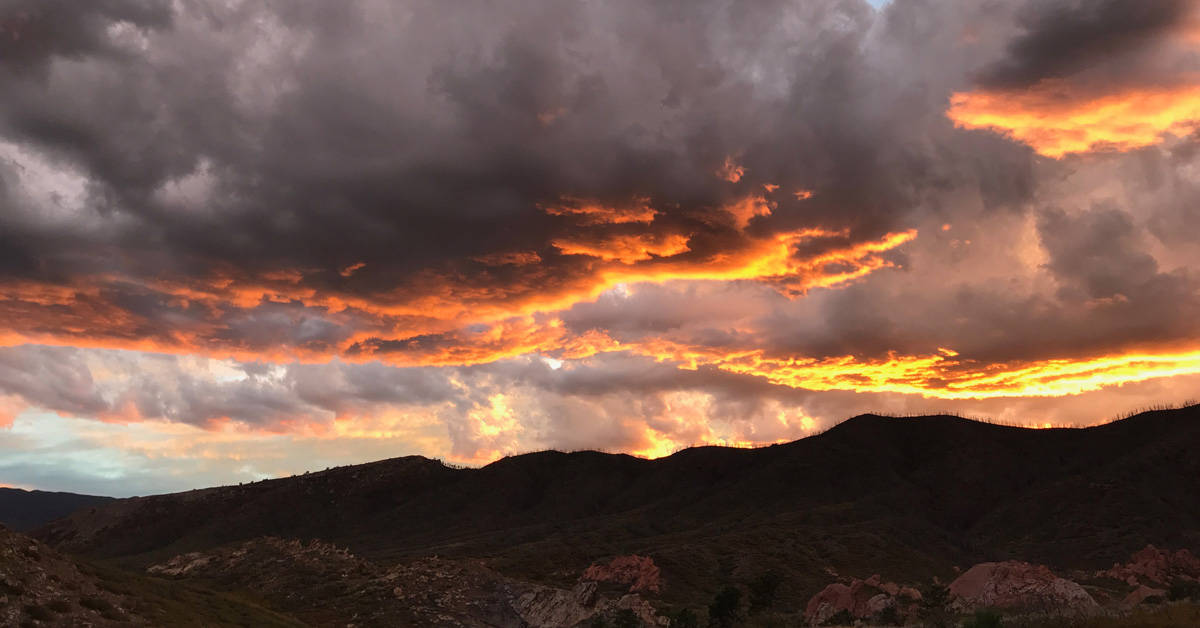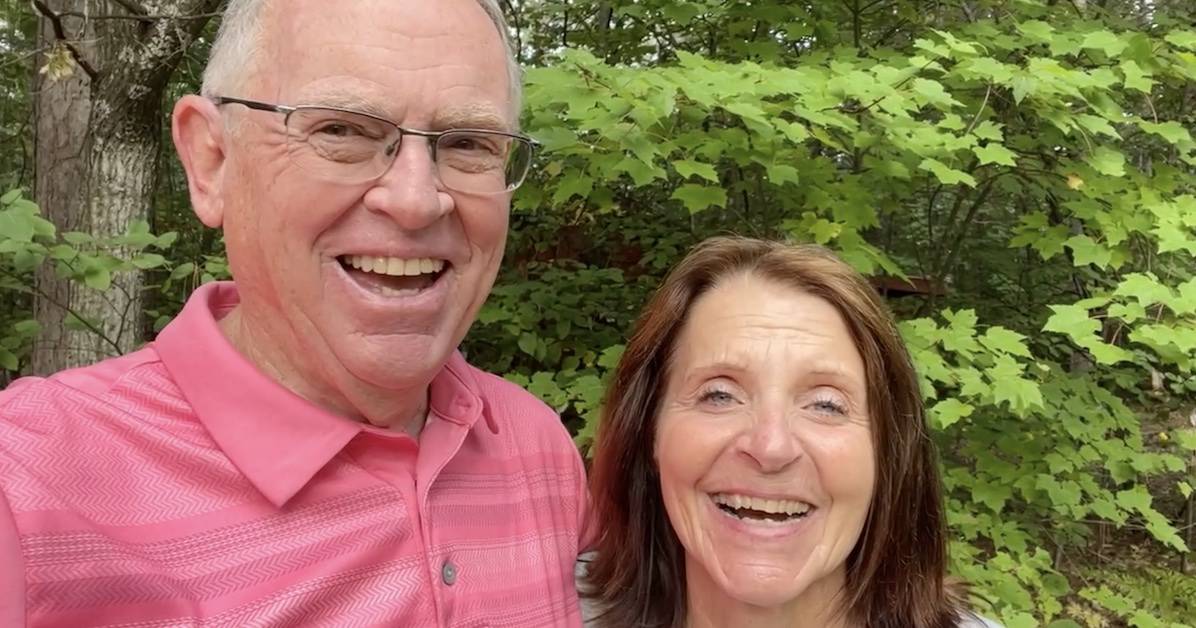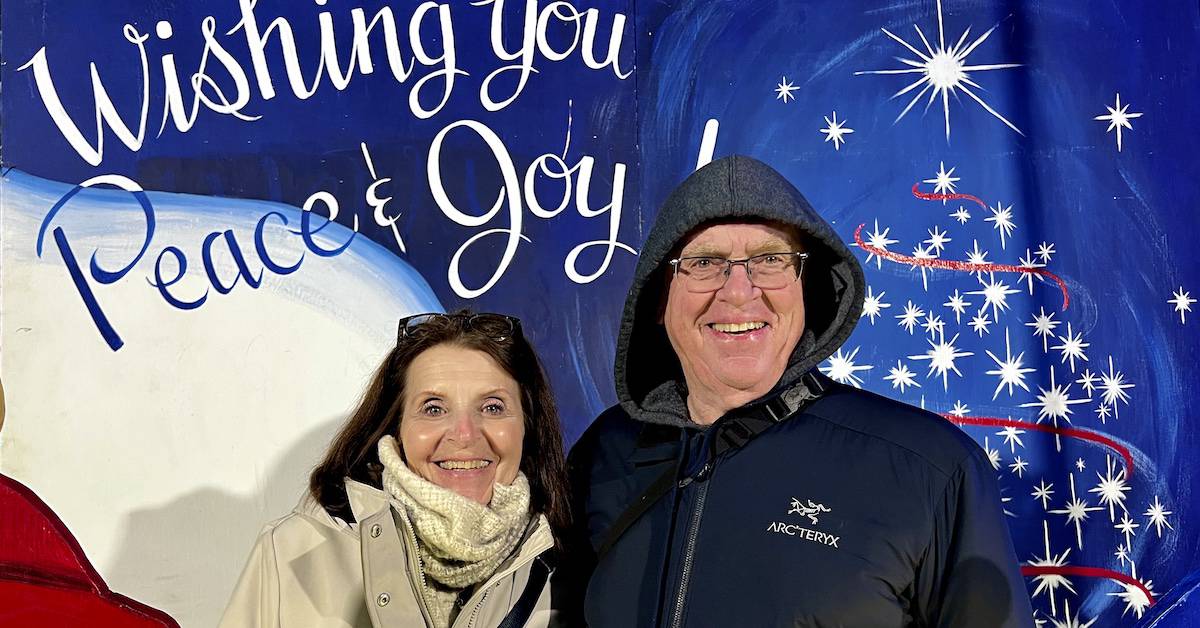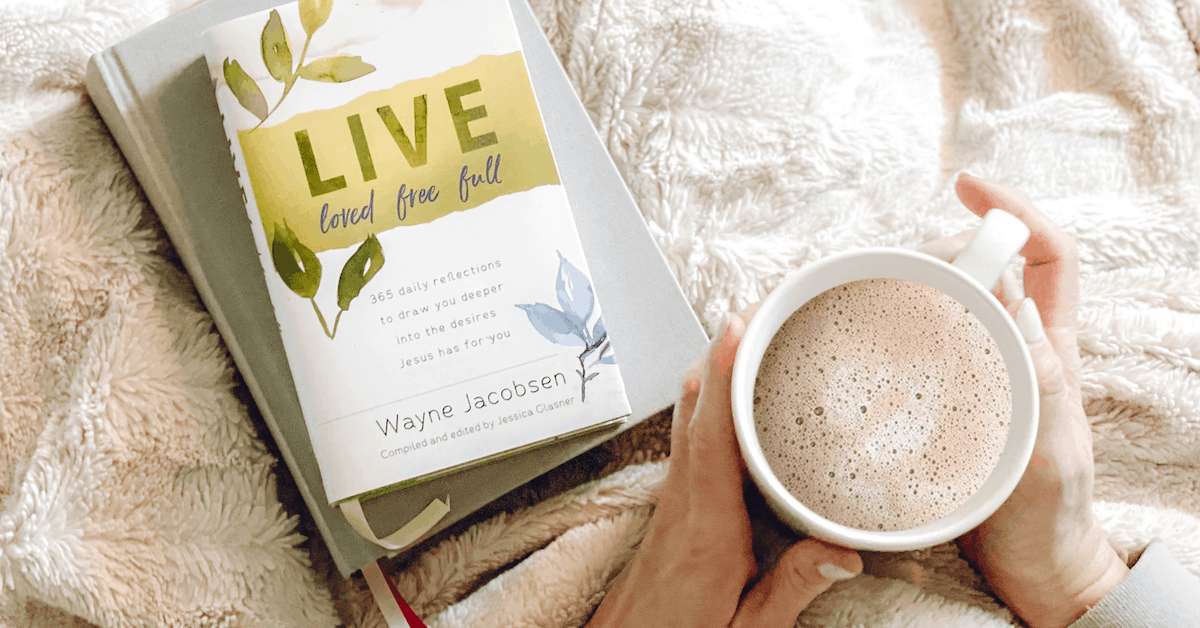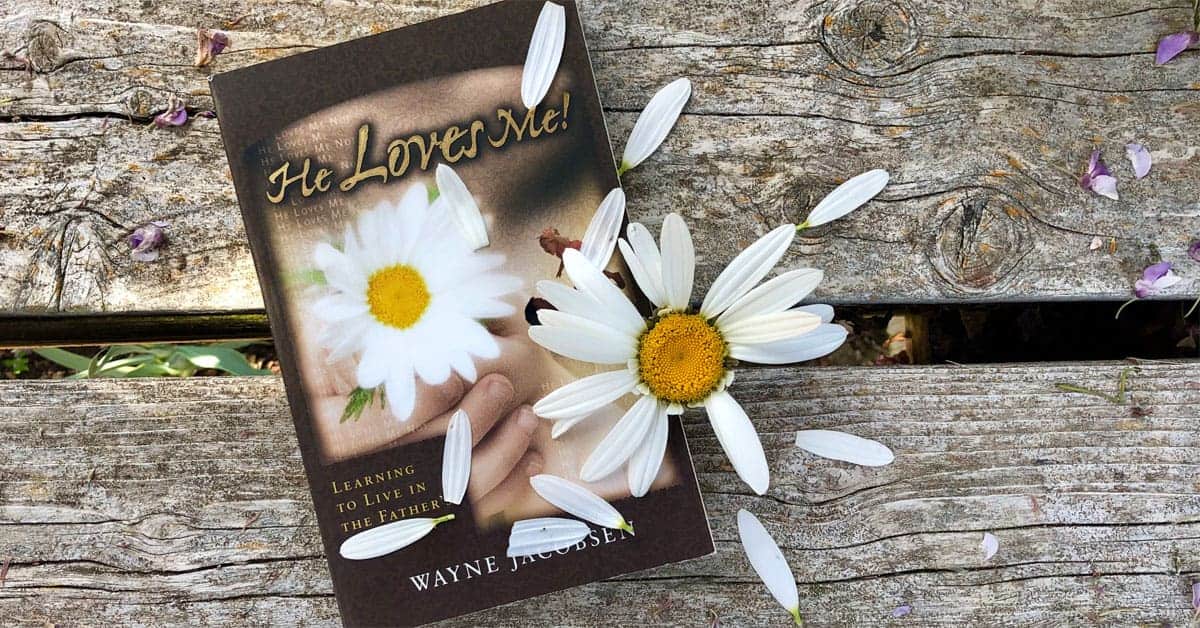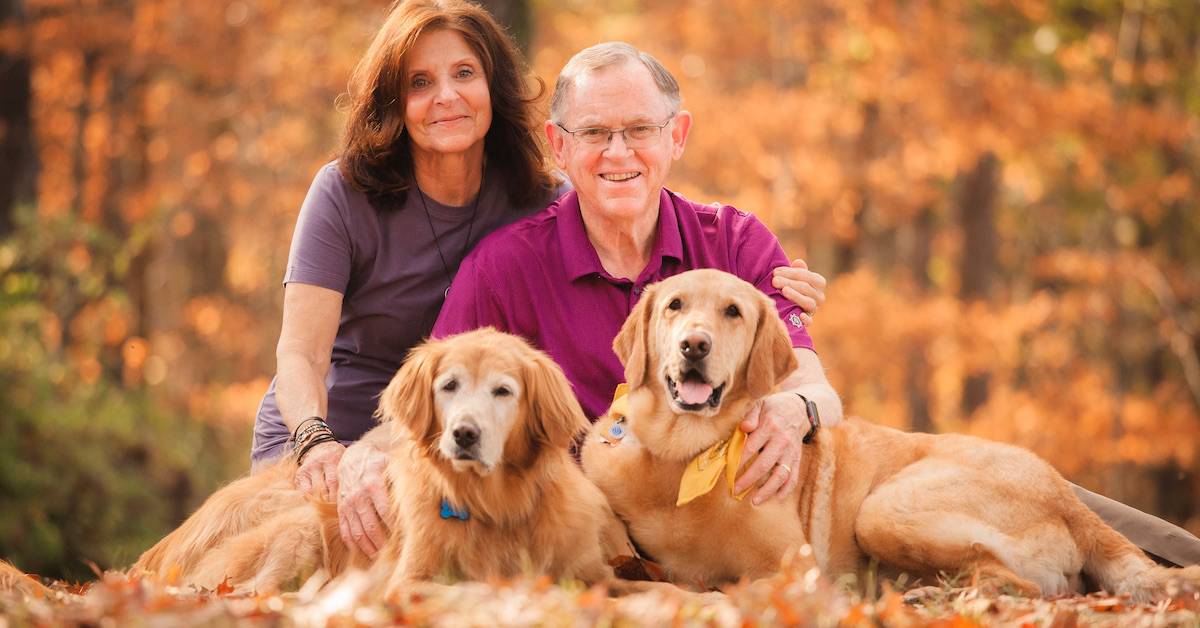This blog is a copy of our Winter 2023 newsletter that we sent out earlier this morning. You can sign up here if you want to be on that list.
Winter 2023
This past year has been quite a roller coaster for Sara and me, and we are both so grateful for all the love, support, prayers, and words of insight that many of you have shared with us along this stretch of the journey. We have also been richly blessed that our story has encouraged others of you to take a deeper look into your own story or marriage and to lean into the greater grace that allows the life of God to shine even brighter. The community surrounding us has enriched our journey with wisdom and encouragement and has lightened our load, as I hope we have theirs.
That said, I also know that our story has been painful for some people to hear. It can be incredibly challenging for those suffering similar pain or darkness who have not yet found their way through it. One person told me they couldn’t finish Wayne’s Happiest Day Ever because my joy was just too overwhelming for them. I understand how someone who’s stuck could feel that way, and I’m always sorry to hear I’ve added to one’s pain. At the same time, however, I wanted people to know that moments of agony can also be followed by seasons of great joy. Sara and I want nothing more in this season than to encourage those who feel adrift in their journey. Father loves you, too, and has a way forward for you.
Ten days ago, we arrived home in Southern California after traveling 7,693 miles across 23 states, having had hundreds of deeply moving conversations with dear friends as well as making many more new ones. We are now living in an apartment contented with joy and gratitude for all that Father has done. Many are asking us what’s next; honestly, we have no idea.
As we look at the days ahead, all we see is a blank canvas. We’re not sure where we will live or what kind of life Father has for us beyond the continued healing of Sara’s traumatic past and our ever-deepening relationship. We are having fun, reveling in the Father’s work and the newfound freedom Sara is discovering daily. We will continue here as we did on the road—taking one day at a time and seeing what seems good to the Spirit and to us.
One thing that means is for us to be incredibly still in December. Over the next month, you’ll hear very little from me. We’re going to take some time to settle into apartment living, look for the next home we hope Father has for us, and to see where all that leads us. So, these will likely be the last public words I write in 2022. I will also not be recording any new podcasts beyond the one airing on December 2.
Good friends tell me that they don’t always keep up with my podcast, and I don’t blame them. There are almost 900 of them back there, and after listening for a year or two, they mostly have the gist of the important things I share with the world. But the podcasts of the last two years have many notable exceptions. I have learned more in the past two years than I have discovered during any similar period. I had no idea how much I would need that wisdom to walk with God in the unforeseen situations I have faced. Even before we were confronted with Sara’s unresolved childhood trauma, God shaped so many things in my heart to help me walk through it with my eyes and heart firmly on him.
If you missed our story this year, you could catch up by listening to the seven consecutive podcasts we called Redeeming Love. If you’ve missed the best insights I’ve had over those two years, let me give you some other referrals of what Father was teaching me before the events even happened and what he showed me through them. I had no idea the last two years would be such a crash course in learning to follow Jesus, preparing me for those moments when I would have nothing or no one else to rely on.
In a profound invitation to prayer a couple of years ago, I felt like I was in Gethsemane with Jesus. Every time I prayed, I had a foreboding sense that something devastating was about to happen to me and that I would need to be in a place to respond to God’s heart in a specific moment over my inclinations. I thought that would have something to do with my message to the world, and I had no idea that it would be a challenge far greater and far closer to home. That “Gethsemane prayer” lasted for three months. It was a fantastic season of yielding to him, without which I would have been able to endure the strange and painful circumstances that unfolded in my life over the last two years.
During that time, I also learned to Gaze with God at the circumstances before me rather than only gazing at him as I offered him my prayer requests. Just recognizing that God has a different view of almost everything than I do, shaped my heart in beautiful ways. Now I sit with him, looking at whatever is before me and asking him how he sees it. Sometimes that takes a few minutes, but his perspective often unfolds over days and weeks. When his view settles in my heart, it gives me a different way to respond than I would have in the past. His ways almost always challenge me, and it takes a significant measure of trust to take the road he has for me.
After my Gethsemane season passed and while I waited to see what might come of it, Jesus taught me that the essence of living loved is to be secure in his love, at rest in his power, and enjoying his playfulness. We called it Love, Rest, and Play. Not only has this opened fresh doors in relating to him, but it has also begun to shape my relationships with others, most of all with Sara. Learning to love, being at rest with each other, and being playful is the essence of healthy relationships.
Now, Riding the Wind of his Spirit is less complicated and not as hard to discern. Sensing the movement of God in and around the relationships or challenges of circumstances lets me know my place in them—what I can fix and mostly what I can’t. God moves at a very different pace than I do, which is why I find myself often Running Ahead of Him instead of letting him move first when the time is ripe. When God asked me to slow down to Sara’s pace, I eventually realized that Father’s pace is slower yet. That’s not because he doesn’t care; it’s that he does real stuff, not cosmetic fix-ups. When I live slower, I recognize him more efficiently, and I’m not caught up in the frantic pace of 21st Century life.
It has also shaped my prayer life, showing me how to Hold Space in Prayer over time for a loved one or even for specific groups of people around the world, such as my friends in Kenya, traumatized people, or those in bondage to religious obligation. Instead of throwing a bunch of requests for God to do what I think best, I can sit with them in Father’s presence as his work unfolds. Prayer has become so much more meaningful and effective.
I now appreciate fully what Annie Dillard calls The Scandal of Particularity. God’s work is so intimate that he works quite differently with each of his children and with such particular interventions that there’s no way to mass produce it. Most things that matter cannot be codified into principles or steps others can follow. If we’re going to help people find Jesus’ salvation, we will want to offer them A Caring Heart and a Listening Ear. (That last podcast, with a friend from Oklahoma City, is probably the most powerful conversation I’ve ever had about real ministry and how his kingdom comes into the world.) This season has also redefined my view of salvation and how we have so cheapened it by making it about heaven and hell instead of Jesus rescuing us from the brokenness of this Creation and the delusions of darkness.
So, here are some resources that might equip you during this month or as the new year begins. Much of this unfolds in the Transforming Love podcasts that will comprise the heart of the new book I’m working on: So, You Really Want to Follow Jesus? We will finish that series in a couple more podcasts early in 2023.
Sara and I want you to know the fullness of his freedom, not just in eternity, but more importantly in the present. That’s what his salvation was meant to do—bind up the brokenhearted and set the oppressed free. And as you learn to live in his love, it will serve you well also to discover how to gaze with God in prayer, how to recognize his nudges that will guide you through the trials and opportunities coming your way, and be equipped to bring his kingdom into the world with a caring heart and a listening ear.
And now, here are a few things that might be of interest:
So, as Sara and I begin this time of reflection and rest, discovering how God wants us to build a life of love in this next season, we pray that you have all the light and courage that you need to continue to follow him, too, and see what glory he has to unfold in your life with each passing day.





